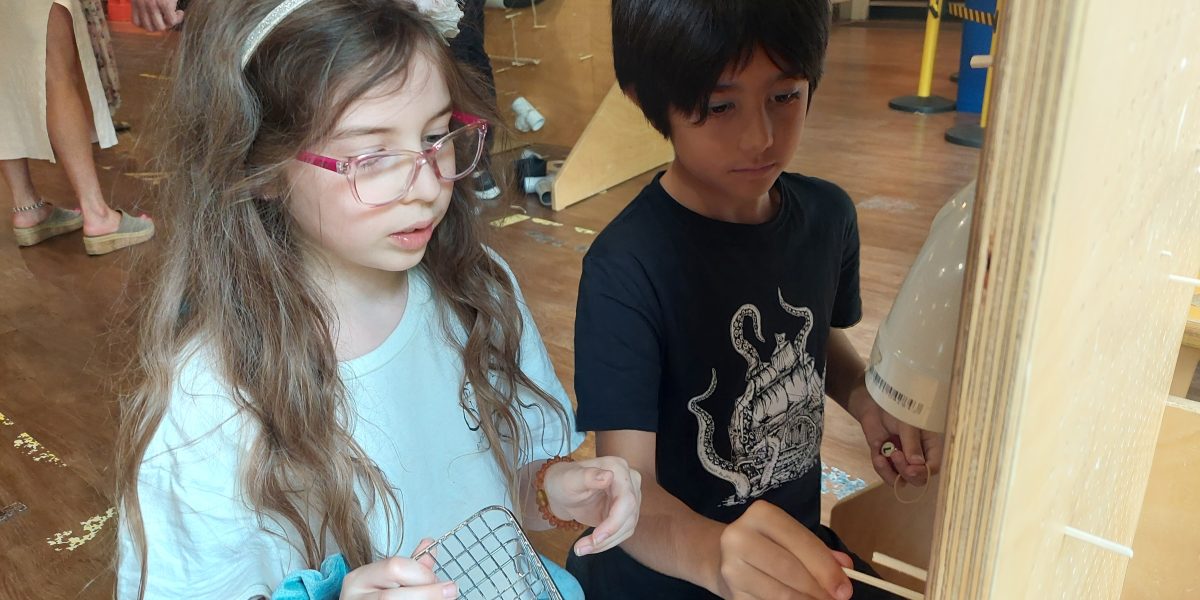Traditional classroom settings have long been the cornerstone of formal education. However, these environments often struggle to cater to students’ diverse learning needs and preferences. The one-size-fits-all approach inherent in traditional schools can stifle individual creativity and hinder personalised learning experiences.
Homeschooling acknowledges each child’s unique strengths, weaknesses, interests, and paces, allowing for a tailored education plan. By embracing homeschooling, parents and guardians can design learning environments that resonate with their child’s natural surroundings and foster a sense of comfort, promoting enhanced engagement and knowledge retention.
Embracing a child’s individual potential
One of the most compelling arguments for homeschooling is liberating a child’s potential. Traditional classrooms often present challenges such as overcrowding, limited resources, and rigid schedules, which can hinder students’ ability to fully explore their passions and talents.
Homeschooling grants learners the freedom to pursue their interests and delve deeply into subjects that captivate their curiosity. This empowerment boosts academic growth and cultivates critical life skills such as self-discipline, time management, and independent thinking, which are highly valuable today.
Personalised learning journeys are the future
Technology has revolutionised how information is accessed and shared; the concept of a single educator imparting knowledge to a large group of students seems increasingly antiquated. Homeschooling embraces modern tools and resources, enabling parents and guardians to curate diverse learning materials, from digital platforms to interactive simulations.
Leveraging technology for learning ensures that children are exposed to up-to-date information and engage with subjects in dynamic ways that reflect the realities of the digital age.
Fostering stronger family connections
The traditional school day often demands long hours, leaving limited time for meaningful interaction between parents and their children. By homeschooling, families can spend more quality time together, nurturing academic growth and emotional and social development.
This increased closeness allows parents to intimately involve their child’s education, offering mentorship and guidance tailored to the child’s learning journey.
A flexible schedule that makes life easier
The bustling morning rush – a familiar scene for parents who have their children enrolled in traditional schools. The clock becomes an ever-present adversary, dictating the pace of dressing, breakfasting, and bundling little ones into backpacks. The modern education landscape has evolved, ushering in a flexible alternative that grants parents and children the liberating power to craft their own schedules.
Homeschooling offers a tranquil departure from the frenzy. Without the constraints of rigid school start times, parents and children can adapt their schedules to their natural rhythms. This reduces the morning chaos and fosters a more relaxed and positive learning atmosphere.
Designing a schedule that aligns with your family’s needs means you can shift your teaching sessions to the afternoon or evening when everyone is more relaxed. Homeschooling places the reins of time management squarely in the hands of parents and children, allowing for a personalised learning journey that accommodates individual preferences and family dynamics.
A positive impact on mental health and learning attitudes
In the race for top grades and accolades, students are often pitted against one another, fostering an environment where learning becomes a means to an end. The repercussions of this intense competition are manifold, ranging from compromised mental health to strained social values. However, homeschooling offers a sanctuary where learning is liberated from the shackles of cutthroat competition.
Avoid the quest for high grades eclipsing the joy of learning itself. Students, driven by the pressures of outperforming their peers, may resort to rote memorisation and superficial understanding in pursuit of grades. This fosters a skewed attitude towards education, where the emphasis shifts from acquiring knowledge to earning marks. This shift can dampen intrinsic motivation, curiosity, and creativity, resulting in a generation of learners who view learning as a means to an end rather than an enriching journey.
The stress and anxiety brought on by the constant demand for high grades can lead to burnout, affecting academic performance and overall mental health. The prevalence of mental health has highlighted the need for a more nurturing and supportive learning environment. Homeschooling steps into this void, offering a refuge where students can learn at their own pace, free from the stressors of competition and performance metrics.
Requirements of skills and knowledge are shifting
The ability to adapt, think critically, collaborate, and navigate an ever-changing landscape is becoming increasingly crucial. Homeschooling, focusing on personalised learning, self-directed exploration, and adaptability, is well-suited to equip children with the skills they need to excel in the 21st century.
Homeschooling has emerged as a powerful alternative to the traditional classroom model, challenging the status quo and embracing educational change. Lions Education offers a modern approach to education that aligns with the needs of the modern day. As more families recognise the benefits of homeschooling, this educational paradigm shift is redefining how we prepare the next generation for the challenges and opportunities ahead.


